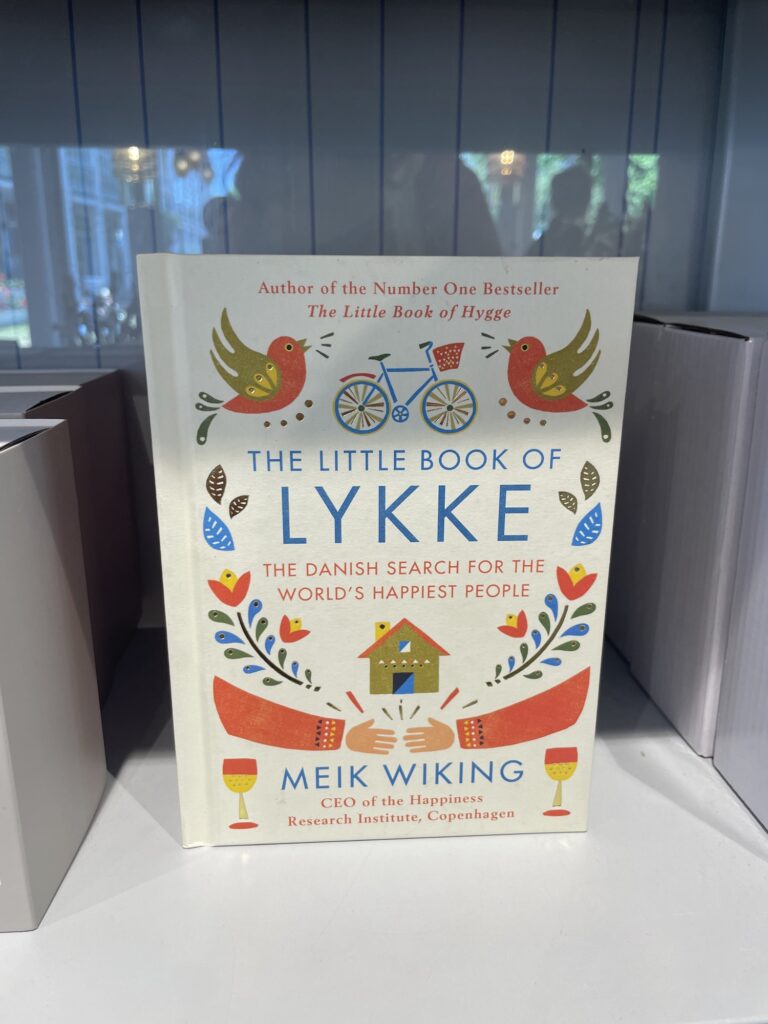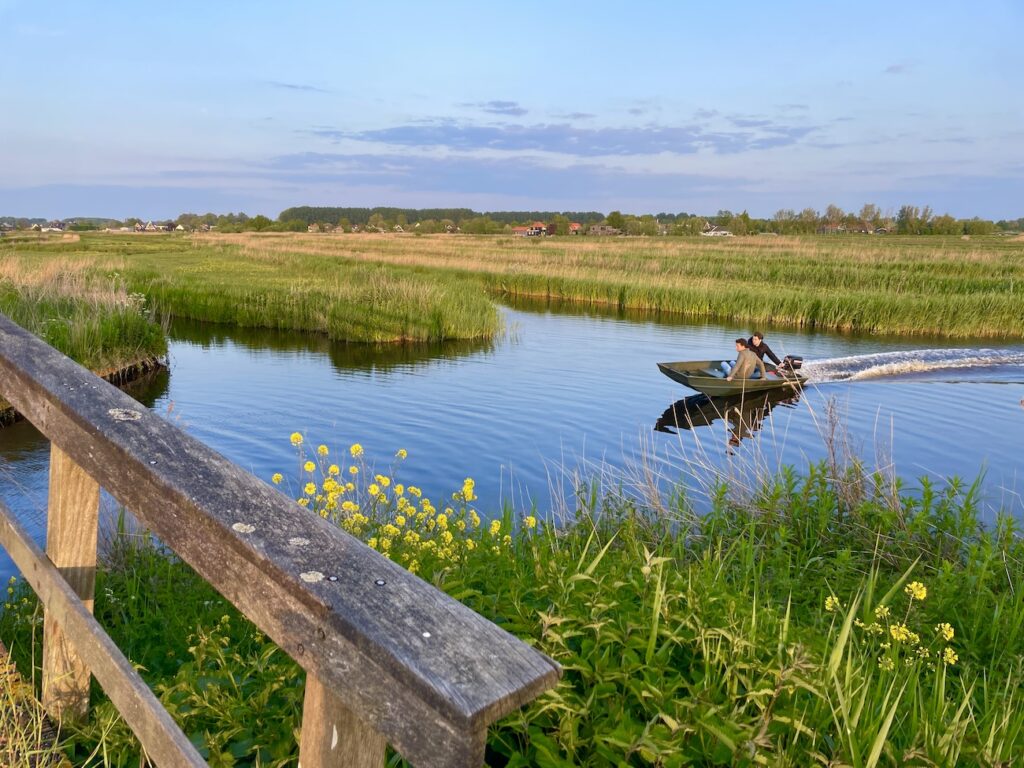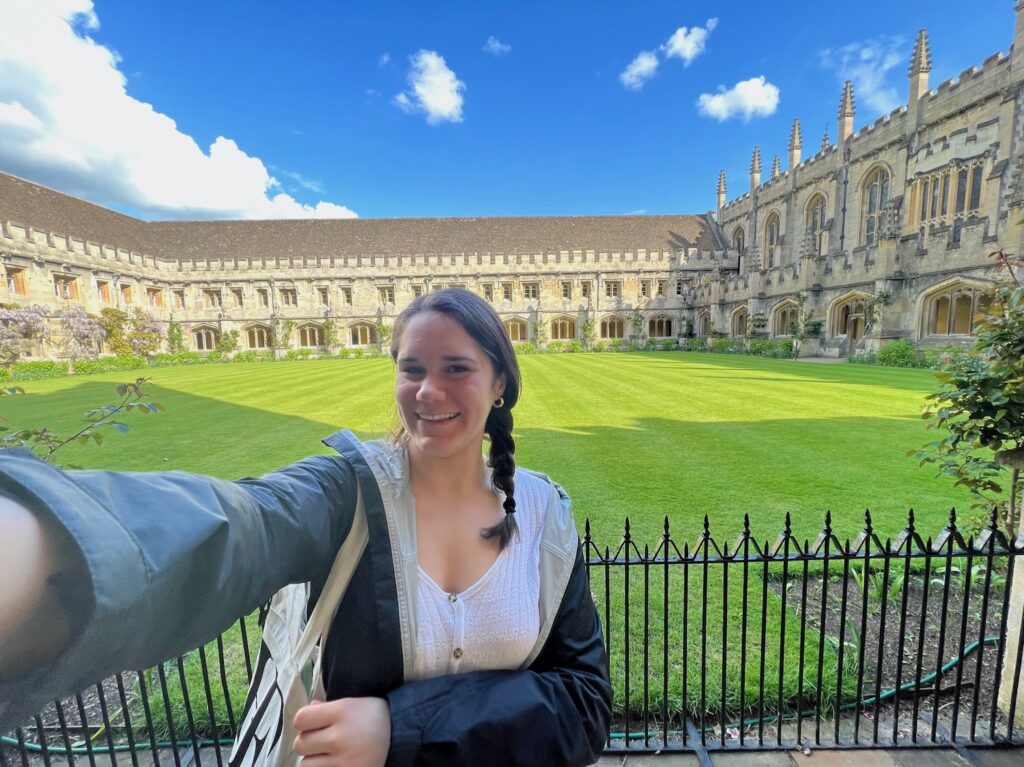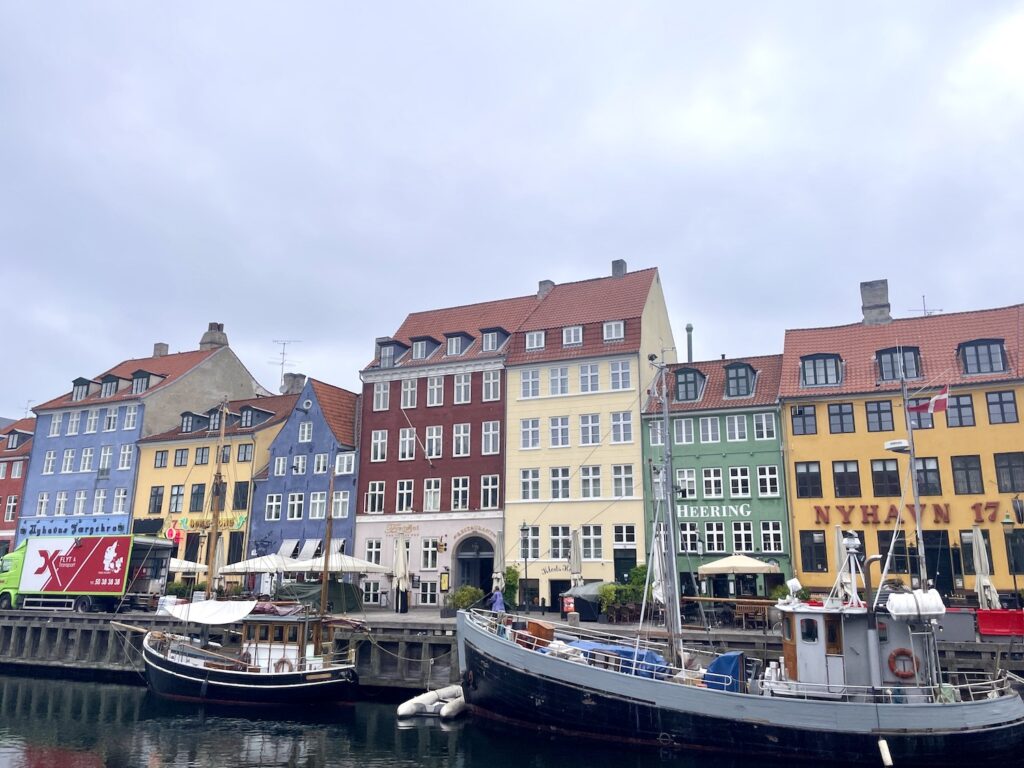
NEXT Awardee Explores Mental Health Systems in Five Countries

On my Newman Exploration Travel Fund (NEXT) trip to Europe, I visited five countries in Western Europe and Scandinavia to study mental health. The five countries I visited—the United Kingdom, France, the Netherlands, Denmark, and Sweden—lead the world in mental health outcomes and care systems. These countries also possess systems and cultures relatively similar to ours in the United States, making them a ripe place for studying how the U.S. can improve. The primary goals of my trip were to conduct independent research about the structure of their mental health systems, including their referral processes and methods of care, and to interview a variety of actors on their thoughts about their systems’ successes/failures and unique qualities. Another major part of the trip was dream fulfillment: I have never been to Europe, and doing so is not within my financial means right now. In addition to independent research and conducting interviews, I spent a good deal of time exploring the cities and their major landmarks. Traveling through Europe was my dream, and I am overwhelmingly grateful that the NEXT award allowed me to fulfill it.

While in Europe, I conducted twenty interviews about mental health with over twenty-five people, spanning occupations, ages, races, and educational backgrounds. Some were formal, planned interviews, while others were spontaneous with unexpected people I met while there. In fact, it was these spontaneous interviews where I think I learned the most—exposing me to people who live in these countries, who are not health researchers or professionals, and who interact with their countries’ mental health cultures and systems and have stories to tell about them. I met these incredible people in a variety of unexpected places. In an alleyway London pub, the room smattered with local businessmen frustrated with the NHS. In the backseat of a shared Uber to the Paris airport, with a young woman—and PTSD survivor—I met on the street when our bus line was closed. While wandering the streets of Oxford, where a student stopped and asked what book I was reading (it was my research notes), and started a conversation. When sharing a seeded tiberke roll with a friendly Danish musician, who shared my love for jazz and the inimitable ability of music to make lives and minds better. From all these people, and so many more, I learned valuable lessons about mental health and what it means to different peoples and cultures.

As an individual, my trip through Europe deeply broadened my horizons. It was quite the cliche, but I found myself repeating the same words over and over: It’s crazy how different this place is from the U.S. There are so many things around me in the U.S. that I assumed were universal that I quickly realized were not: public bathrooms, nodding when you pass someone in the street, traveling everywhere by car, drinking water with ice. These differences were also true of greater cultural beliefs, and the ways people interact with one another. Learning this, and learning how to adapt to foreign environments, was a major life skill that I developed while there. I learned how to navigate a country where I don’t speak the language, and realized how alienating it can feel when you can’t communicate. Whenever I started in a new country, the first day was always full of confusion, missed buses, and awkward conversations. But by my final day in that country, I’d have figured it all out: riding the public transportation with ease, strolling through the local grocery stores, and applying the correct smattering of foreign words to order a coffee. It was difficult, and it was empowering, and it got me excited about potentially researching abroad again in the future.

For my research, my NEXT trip made a big difference in allowing me to get a feel of how these systems work and how their people use them. Most importantly, I learned how important culture is to determining the design and success of mental health systems. Mental health is heavily influenced by national culture — one’s day-to-day life, choices, values, and environment significantly shape one’s mental state and perception of mental health. Also important to the design and function of mental health systems, and greater healthcare systems in general, are cultural attitudes towards government and collectivism. Especially in the Scandinavian countries I visited, the healthcare systems were entirely or almost entirely government-run, and citizens showed a high level of cooperation in willingness to pay for them and share them. Culture also heavily influences the methods of care most popular in a given region. For example, psychotherapy was massively popular in France and more French parts of the Netherlands, yet less so in southern Scandinavia, which values a more holistic, lifestyle-forward approach. The great takeaway was that mental health is a comprehensive picture encompassing physical, social, and cultural factors—and ultimately to understand someone’s mental health, you must understand where they’re coming from.

It’s hard to say which singular thing was most influential from my trip. But if I had to try, I’d say it was the people I met, and their unique life experiences, that taught me the most. I learned that mental health systems are doubly complex compared to standard healthcare systems — even in countries with highly sophisticated systems like many of these were — and that individuals often struggle to fit easily into neat avenues of care. The trip showed me the importance of providing diverse options for care, and the need for more research and systems design to help individuals find the niches of care that work best for them. Recognizing this need inspired me in my work, and led me to direct my research towards restructuring care systems and helping individuals find specific, well-tailored treatments that work best for them.

All in all, I am overwhelmingly grateful for the opportunity to go on this trip, and for the countless memories I will take with me when I leave WashU. I am returning to campus in the fall doubly excited about studying mental health, conducting more interviews, and publishing. I am also excited to start on my senior thesis and to apply my knowledge from my travels abroad to my work. At WashU, I also hope to start more conversations about mental health and to foster a more open and compassionate culture where students can talk about it freely. It was an honor to travel and study mental health so deeply, and I am excited to apply these lessons in a way that promotes positive change and a better, healthier campus.
